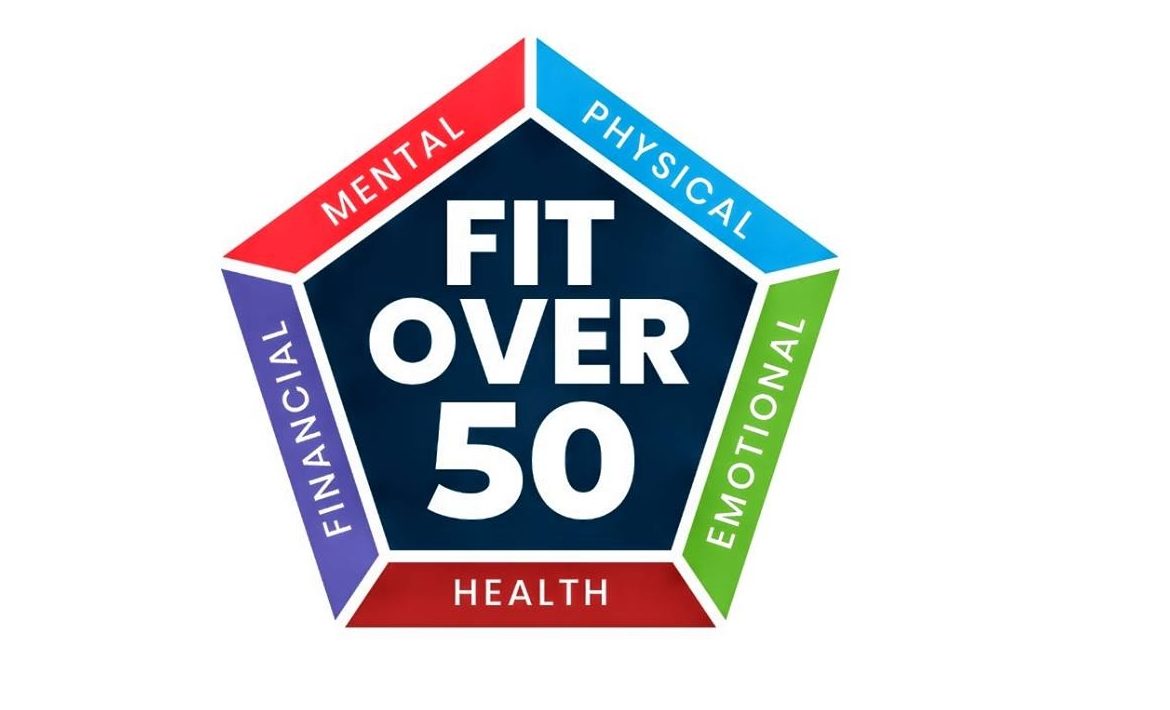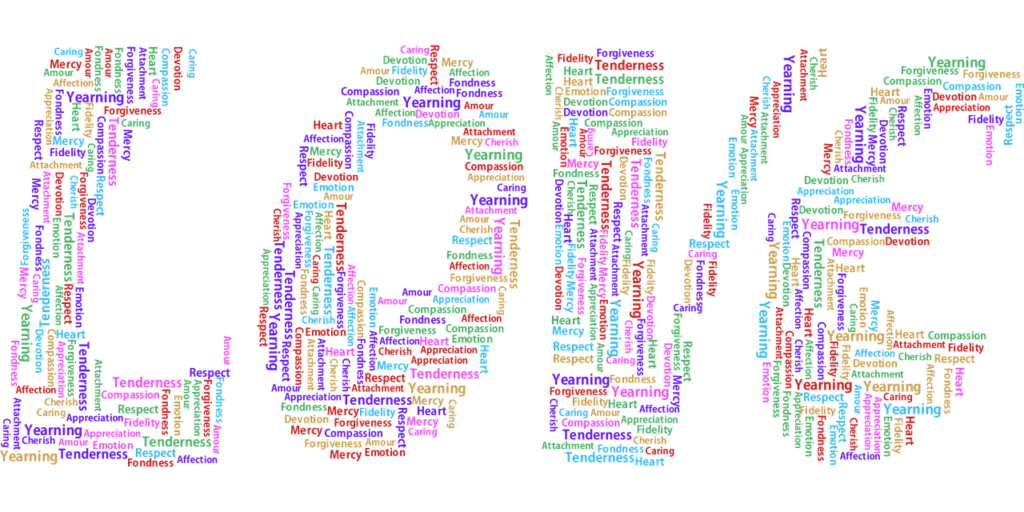Forgiveness?
Forgiving others can be difficult, but it’s often easier than forgiving ourselves. When we forgive others, we admit that they made a mistake and that we’re human too. We’re also acknowledging that we’re capable of making mistakes ourselves. Forgiving ourselves, on the other hand, is often much more difficult. We tend to dwell on our mistakes, and we may feel like we’re not worthy of forgiveness. How Do I Practice Self Forgiveness?
However, self-forgiveness is an essential step on the road to recovery. It allows us to move on from past mistakes and focus on the present and the future. It also allows us to build stronger relationships with others since we can forgive them for their mistakes.
Self-forgiveness is a process that takes time and effort, but it’s worth it in the end. If you’re struggling to forgive yourself, start by acknowledging your mistakes and forgiving yourself for them. Then, focus on moving forward and building a better future for yourself.
How do I forgive myself?
Self-forgiveness is key to having a healthy sense of self-worth. Forgiving yourself for your mistakes can be challenging, but doing so is essential. Here are seven tips for practicing self-forgiveness:
1. Be true to your feelings. Don’t try to ignore or bury your feelings. Acknowledge them and work through them.
2. Forgive yourself for life. Don’t put off forgiving yourself until you “feel ready.” Forgive yourself now and move on.
3. Allow yourself to make mistakes. We all make mistakes, and that’s okay. Please don’t beat yourself up over them.
4. Give yourself time to heal. It may take time for you to forgive yourself fully. Be patient and allow yourself the space you need to heal.
5. Don’t compare yourself to others. We are all unique, and that’s a good thing! Comparison will only lead to self-judgment and dissatisfaction.
6. Focus on your strengths. When you focus on your strengths, you feel good about yourself and your accomplishments.
7. Be kind to yourself. Treat yourself the way you would treat a friend who has made a mistake – with kindness, understanding, and forgiveness
Recognize The Cost Of Unforgiveness.
Many of us find it difficult to forgive ourselves when it comes to forgiveness. We tend to be our own harshest critics and often hold ourselves to standards that are impossible to meet. This can lead to feelings of guilt, shame, and regret, which can be very debilitating and prevent us from moving on with our lives.
It is important to remember that forgiving yourself is not the same as pardoning yourself. Forgiving yourself means releasing yourself from the grip of those negative emotions and accepting yourself for who you are. Explaining yourself would suggest that you are still guilty of your actions and are trying to find a way to excuse them.
Forgiving yourself is not easy, but it is worth it. When you forgive yourself, you free yourself from the past and allow yourself to move on with your life. You also allow yourself to experience the joys and happiness that life has to offer.

Strategies for Self-Forgiveness
Self-forgiveness is a process that is often difficult to undertake. Still, it is necessary to move on from past mistakes. There are several tips for self-forgiveness:
Acknowledge Your Role In The Situation
We all make mistakes. It is a part of being human. However, forgiving ourselves for our mistakes is often a complicated process. We may feel like we are not worthy of forgiveness or that we do not deserve to move on from our past mistakes. But it is important to remember that self-forgiveness is necessary to heal and move on from the past.
First, we need to acknowledge our role in the situation. We cannot move on if we do not take responsibility for our actions. We must accept that we made a mistake and are human and imperfect. Then, we can choose to make a change in our lives so that we can avoid making the same mistake again.
Forgiving ourselves does not mean that we leave anyone else to fail. It is a process of accepting ourselves for who we are, flaws and all. It allows us to acknowledge our humanity and that we will make mistakes sometimes. But it is also a sign of strength and resilience. We can move on from our mistakes, learn from them, and become better people.
Accept That You Made A Mistake
Making mistakes is a part of life. We all make them, and we must learn to own up to them and apologize for them. This cannot be easy, but it is the first step on the road to self-forgiveness.
The first step is acknowledging that you made a mistake. You need to recognize that you hurt yourself and others through your behavior. You also need to accept that you don’t know better or if you are going overboard in the matter. What’s most affected is self.
Next, try to fix the situation as best you can. This can’t be a perfect solution to every emergency, but accepting what you did is the best first step. Acknowledge that you hurt yourself through your behavior and try not to minimize the feelings you have. Process them to remind yourself that you don’t know better or if you are going overboard in the matter.
Finally, learn from your mistake and move on. Don’t let it define you, but use it as a learning experience to help make you a better person. Mistakes happen, but it’s how we deal with them that counts.
Forgive Yourself
Making mistakes is a part of life. We all make them, and we all have to learn to forgive ourselves for them. This cannot be easy, but it is essential if you want to move on from the situation.
First, you need to forgive yourself for the mistake you made. Vow to learn from it and do not dwell on the error. It is in the past and cannot be changed. Trying to beat yourself up about things that have already happened only reinforces negative thoughts.
Second, accept that everyone makes mistakes. You are not alone in this. You can learn from your mistake and move on.
Finally, treat yourself with kindness and acceptance. Getting past what you’ve done wrong does NOT mean doing it the wrong way. You can learn from your mistake and move on.
Take Action To Make Up For The Mistake.
Making mistakes is a part of life. We all make them, and we all learn from them. However, when you make a mistake, it’s crucial to take action to make up for it. This could involve apologizing to the person or people you hurt, making restitution, or taking steps to ensure that you do not repeat the same mistake in the future.
If you struggle with good decision-making, you may need a therapist. An external, unbiased influence may help process our behavior. Suppose you don’t know why you are deciding so severely. In that case, you may have to talk to someone other than a therapist for support and guidance in dealing with any problems.
Read Here About Grounded People
Move On
Forgiveness is a process that is unique to each individual. There is no one right way to go about it. However, some tips can help make the process a little bit easier.
The first step is to identify how you feel about the situation. Are you angry? Hurt? Are you frustrated? Once you know how you think, you can start to work through those emotions.
Moving On Does Not Absolve You Of Your Actions
It’s important to understand that forgiveness does not mean that what happened was okay. It simply means you are letting go of the anger and resentment you feel towards the other person.
Suppose you’re finding it challenging to forgive on your own. In that case, there are a few things you can do: talk to a therapist, read self-help books on forgiveness, or attend forgiveness workshops.
Finally, once you have taken all these steps, it is time to move on from the situation and put it behind you. Remember that forgiveness is a process; there is no wrong or right way to go about it – find what works best for you and stick with it.
Practice Self Compassion
Self-compassion is one of the most important things we can give ourselves. It allows us to be gentle and understanding, especially when we make mistakes. Forgiving yourself is integral to self-compassion, and it doesn’t mean you have to forget what happened. When you forgive yourself, you can let go of the negative thoughts and feelings holding you back. This can lead to meaningful growth and change in your life.
If you find it difficult to forgive yourself, know you’re not alone. Forgiving oneself can be difficult, but it’s worth it in the end. There are many ways to start forgiving yourself; the most important thing is to start small. You can begin by acknowledging your mistakes and then forgiving yourself for them. You can also try treating yourself with kindness and acceptance, even when you don’t feel like you deserve it.
When it comes to self-compassion, there are no right or wrong ways to do things. Remember that being gentle with yourself is essential, especially when you’re having a tough time. And above all, be patient – forgiveness takes time.
Make Meaningful Changes
Knowing that your actions led to the problem is only part of the process. You want to change what you are doing. But if one changes behavior, then there will be a better outcome. Paying it forward helps you to turn your attention from what you acted up for that moment of truth to what your actions are now. You can stop waiting around in the afternoon with a long wait. Your role in the program might involve:
- Volunteering.
- Sharing your story with others.
- Working on solving the current problem.
But suppose a behavioral change will not change an entire situation. In that case, you can do an additional modification with less impact. more clarity will arise, and better decisions can be made when there is a clear mind. From this, more steps can be taken to improve your situation. Acting on these changes shows that you are also paying it forward for a better future, not just for yourself but also for those around you. This ripple effect can bring more meaning to your life and others. So take the first step today and see how making meaningful changes can benefit you and those close to you.
Focus On What You Learned.
We all make mistakes, and it’s normal to feel guilty after messing up. But we’ll never learn from our mistakes if we can’t forgive ourselves. Learning to forgive yourself is an essential step on the road to self-improvement.
First, you need to understand why you’re feeling guilty. What did you do wrong, and what are the consequences of continuing to make the same mistake? Once you clearly understand the situation, you can start forgiving yourself.
Forgiving yourself doesn’t mean that you’re absolved of all responsibility; it just means that you’re willing to move on and learn from your mistake. Remember, self-forgiveness is a process, not a one-time event. Forgiving yourself takes time and effort, but the rewards are worth it.
When you forgive yourself, you free up valuable energy that can be put towards positive goals and aspirations. You become more tolerant and compassionate towards yourself and others and learn to take risks without fear of failure. So don’t wait any longer – start forgiving yourself today!
Accept Responsibility
Self-forgiveness is something that is often misunderstood. Many think it simply means getting over the past and moving on, but this is not the case. True self-forgiveness requires taking responsibility for your actions and accepting that you have made a mistake. This can be a difficult thing to do, but it is the first step on the road to healing.
Forgiving yourself is about more than just compassion for yourself. It is also about compassion for others. When you forgive yourself, you can see the other person as human, which can help to heal the rift that your actions have created. Forgiveness is one of the most powerful tools we have in our arsenal, and it can help us to move on from our mistakes and create a better future for ourselves.

Why Should You Forgive Yourself?
It can be difficult to forgive oneself, especially after committing what feels like a grievous sin. However, self-forgiveness is essential to maintaining mental and physical health.
Ruminating about complicated feelings like guilt, anger, and shame can alert your nervous system. The adrenaline released from these emotions can cause heart trouble, autoimmune disorders, and mental and physical health problems. Beating yourself repeatedly only increases feelings of sadness and guilt and strengthens the associated sense of self-belief as an evil character.
Self-forgiveness helps separate you from your sins so you can learn from your actions and find ways to amend them where possible. It also allows you to move on from the past and focus on the present and future. So if you’re having trouble forgiving yourself, remember that it’s essential for your well-being.
Final Thoughts
It’s not easy to forgive yourself, especially when you’ve done something that you know was wrong. But, self-forgiveness is an essential step on the road to healing. Here are four reasons why you should forgive yourself:
Do Not Focus On Shame And Guilt
1. Fixing complicated feelings – such as guilt, anger, and shame – can negatively affect your mental health. Ruminating upon those emotions puts your nervous system at higher alertness. The adrenaline these emotions release will cause heart trouble, autoimmune disorders, and psychological and physical health problems.
Deal With Your Feelings of Guilt
2. Beating yourself up repeatedly increases feelings of sadness and guilt and strengthens the associated sense of self-belief as an evil character. Self-forgiveness helps separate you from your sins. So you can learn from your actions and find ways to amend where it may be possible.
Forgiveness Allows You To Live A Fuller Life
3. Forgiving yourself allows you to live more fully in the present moment. When you’re constantly carrying around the weight of your past mistakes, it’s hard to enjoy the present. Forgiving lets you let go of the past and focus on the here and now.
Practice Self-Compassion And Self Forgivness
4. Finally, forgiving yourself is an act of self-compassion. We all make mistakes – that’s part of being human. Harboring resentment towards ourselves doesn’t do us any good; it only makes us feel worse. Forgiving ourselves allows us to be kinder and gentler with ourselves, which is ultimately good for our mental health

